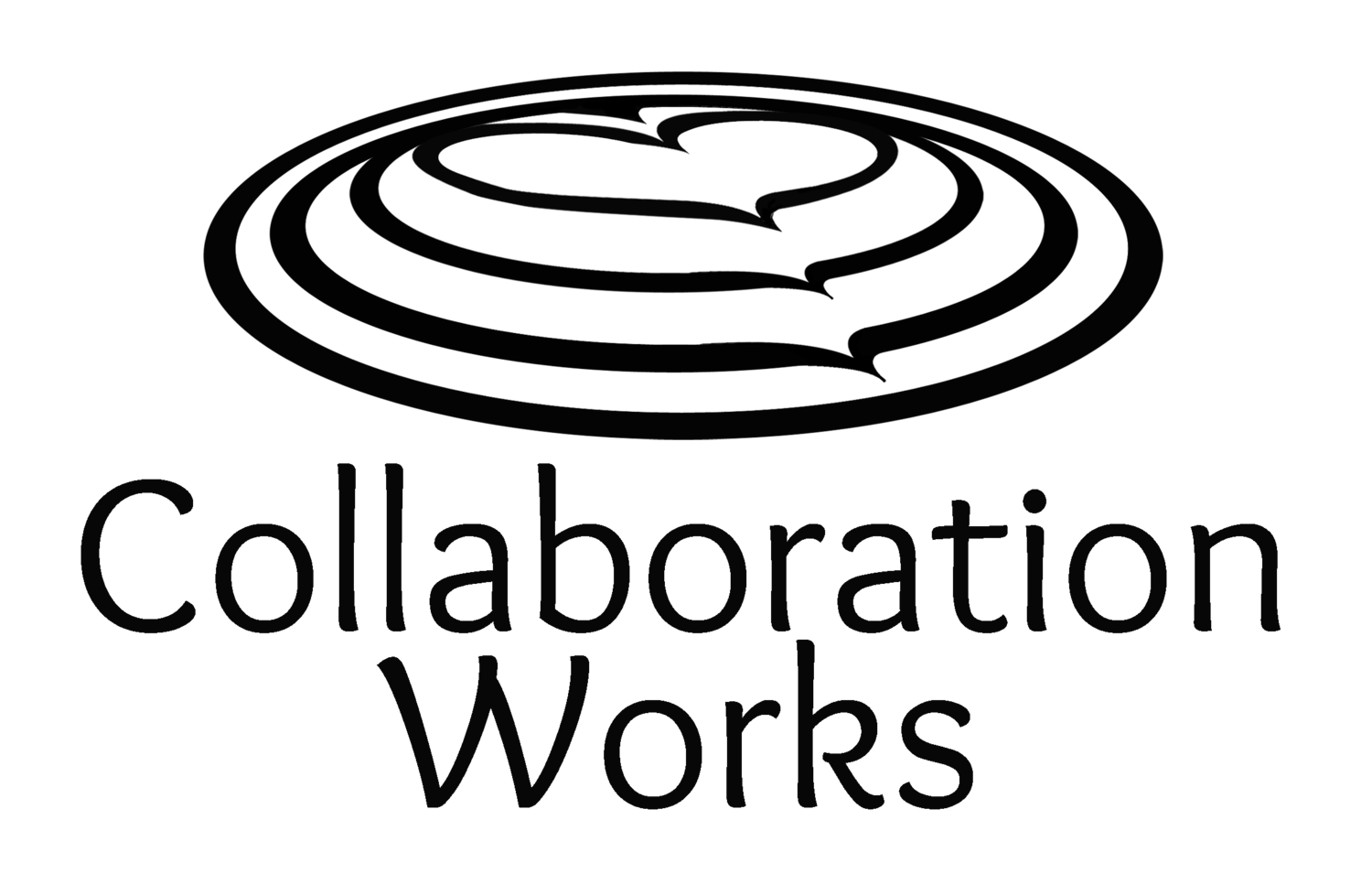I trust you. I bet you properly licensed that copyright protected image you have on your website. But the real question is, can you prove it?
As some people have found out the hard way, if you can’t prove it, you are in trouble.
If you get a letter from a lawyer saying that you have a copyright protected image (or song) on your website it is up to you to prove that you purchased it. And sometimes that is easier said than done.
- The graphic designer who designed your website, years ago, provided the image. You assume they are used legally. But now he is out of business and you can’t reach him. No proof.
- The marketing intern that posted that blog article on your website no longer works for you. She is the only one who knows where that image came from. No proof.
To protect yourself, you need to have a policy in place for using any copyrighted materials.
Use a company account.
One easy way is to have a company account for a stock photo site such as Istockphoto.com. Receipts for all of your images show up in your account history. Or be doubly sure and save a screenshot of the image receipt on your local network. Require that all images used in your materials come from this site. And make sure that the login email is a company account such as marketing@ instead of an individual who might leave the company.
Ask graphic designers for proof or purchase the images yourself.
If you use a graphic designer, they often provide the images as part of the project. They are legally allowed to license and use images on behalf of their clients. Technically, they can only give you the finished project and not the raw image files and you are not allowed to re-use the images for any other projects. Personally, I now ask designers to give me a receipt to show that the images were licensed properly. And if I want to use the same images in related projects (such as banners to match a white paper) I will purchase the images myself too. Just to be safe.
Alternatively, you could ask the designer to just purchase the images from your own company iStock account and then you are covered.
It doesn’t matter if someone else was guilty of giving you an unlicensed image – if it is on your website, it is your responsibility. You need to be able to prove that you own the rights to use it.
Don’t think this can really happen?
Back when he first started his business my friend used an image on his website. He had purchased it legally but he could not prove it. He had to pay $800. That was twenty years ago. (And he is still annoyed about it).
Recently a Microsoft Dynamics partner told me that they were accused of using copyright protected music clips in a video. She knows that they were purchased legally but they no longer show up on the website she downloaded them from. The fine? $65,000 for 3 songs. Let’s just say, lawyers are involved.
The good news is that you can only be fined for copyright infringement for three years. So anyone who contacts you regarding an image you posted more than three years ago can be challenged.
But the best way to save yourself headaches and potential fines is to properly license all copyright protected material AND be able to prove it to anyone who asks.
Also read: Beware: Why Google's Free-to-Use Images are NOT Always Free To Use
By Anya Ciecierski, Collaboration Works Marketing
Follow me on Twitter: @AnyaCWMktg

